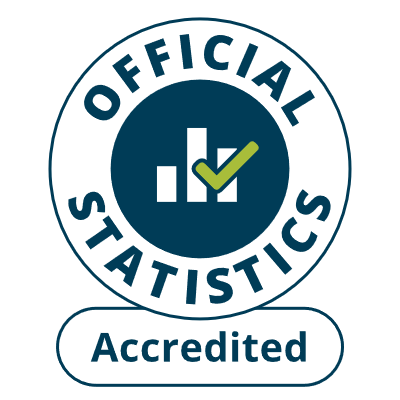
 Workless households by area, variable and household status
Workless households by area, variable and household status
None
|
||||||||||||||||||||||||||||||||||||||||||||||||||||||||||||||||||||||||||||||||||||||||||||||||||||||||||||||||||||||||||||||||||
Metadata
- High level information
- Summary information
- Keywords
- Weblinks
- Statistical quality information
- Open Data
Title
Workless households by Welsh local authorityLast update
26 November 2019Next update
November 2020Publishing organisation
Welsh GovernmentSource 1
Annual Population Survey, Office for National StatisticsContact email
economic.stats@gov.walesDesignation
National StatisticsLowest level of geographical disaggregation
Local authoritiesGeographical coverage
WalesLanguages covered
English and WelshData licensing
You may use and re-use this data free of charge in any format or medium, under the terms of the Open Government License - see http://www.nationalarchives.gov.uk/doc/open-government-licenceGeneral description
This dataset gives details on workless households in Wales.Data collection and calculation
The Annual Population Survey is an annual sample survey of households living at private addresses in the UK. The annual survey uses results from those sampled for the main quarterly Labour Force Survey and since 2001 additional persons have been sampled on an annual basis to provide a more robust (boosted) annual dataset across the UK, with estimates subject to much lower sampling variability. For Wales, the data are now based on an enhanced sample (around 350 per cent larger) compared to earlier years.The additional persons sampled in the APS are based on four waves, over four years of the survey. For the first wave, the response rate in Wales is around 65%, with around 80% of these remaining by the fourth wave. In total, approaching 18,000 households are sampled each year for the APS in Wales.
By collecting information about each member of participating households, the LFS also provides family and household-level statistics that describe the combined economic activity status of family and household members. In autumn 2008, ONS launched new annual local area datasets called the Annual Population Survey (APS) household datasets. They allow production of family and household labour market statistics at local areas and for small sub-groups of the population across the UK. It is also the main source of statistics on ‘working’ households (where all the adults are working); ‘mixed’ households (containing both working and non-working adults); and ‘workless’ households (where none of the adults is working).






 Number
Number